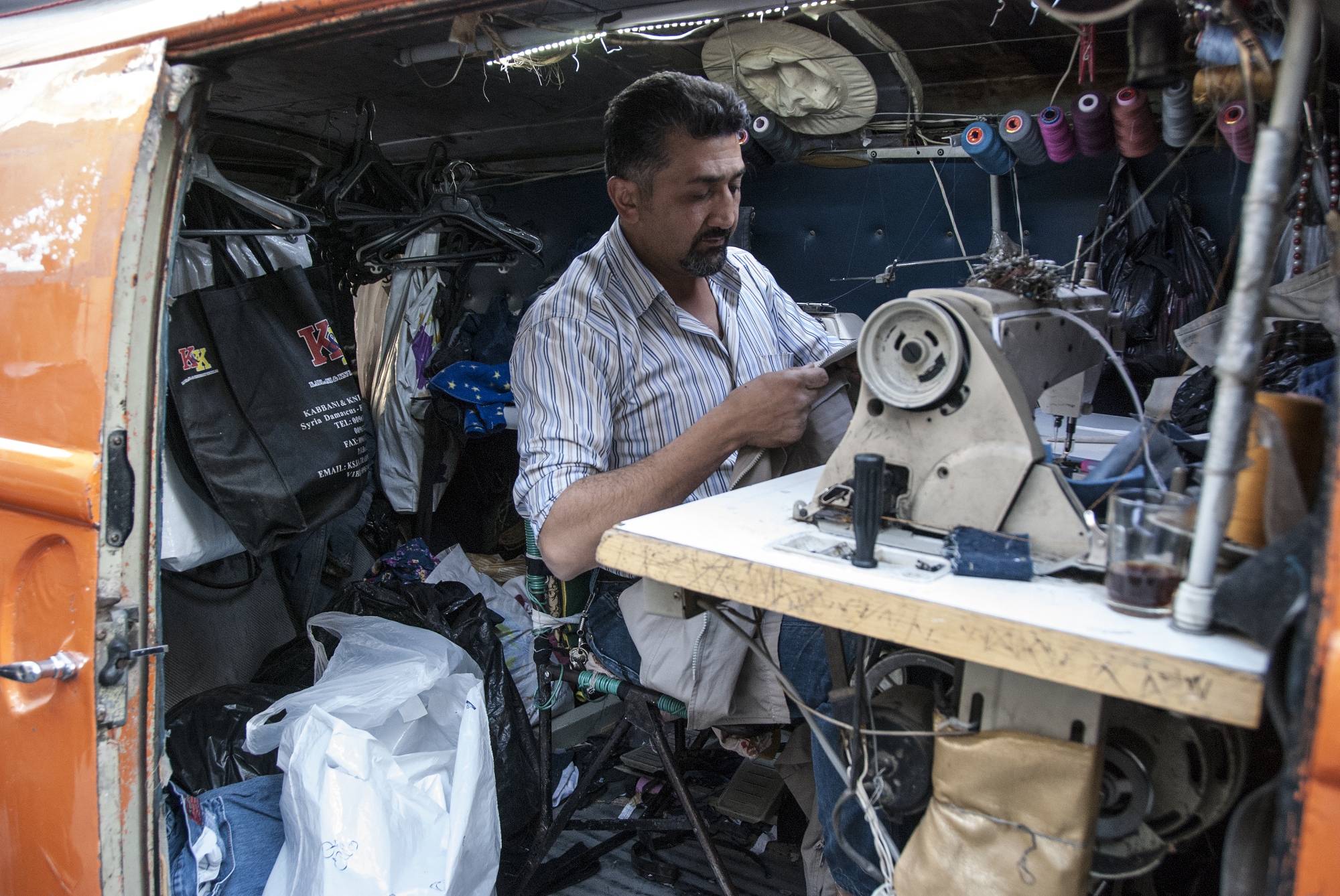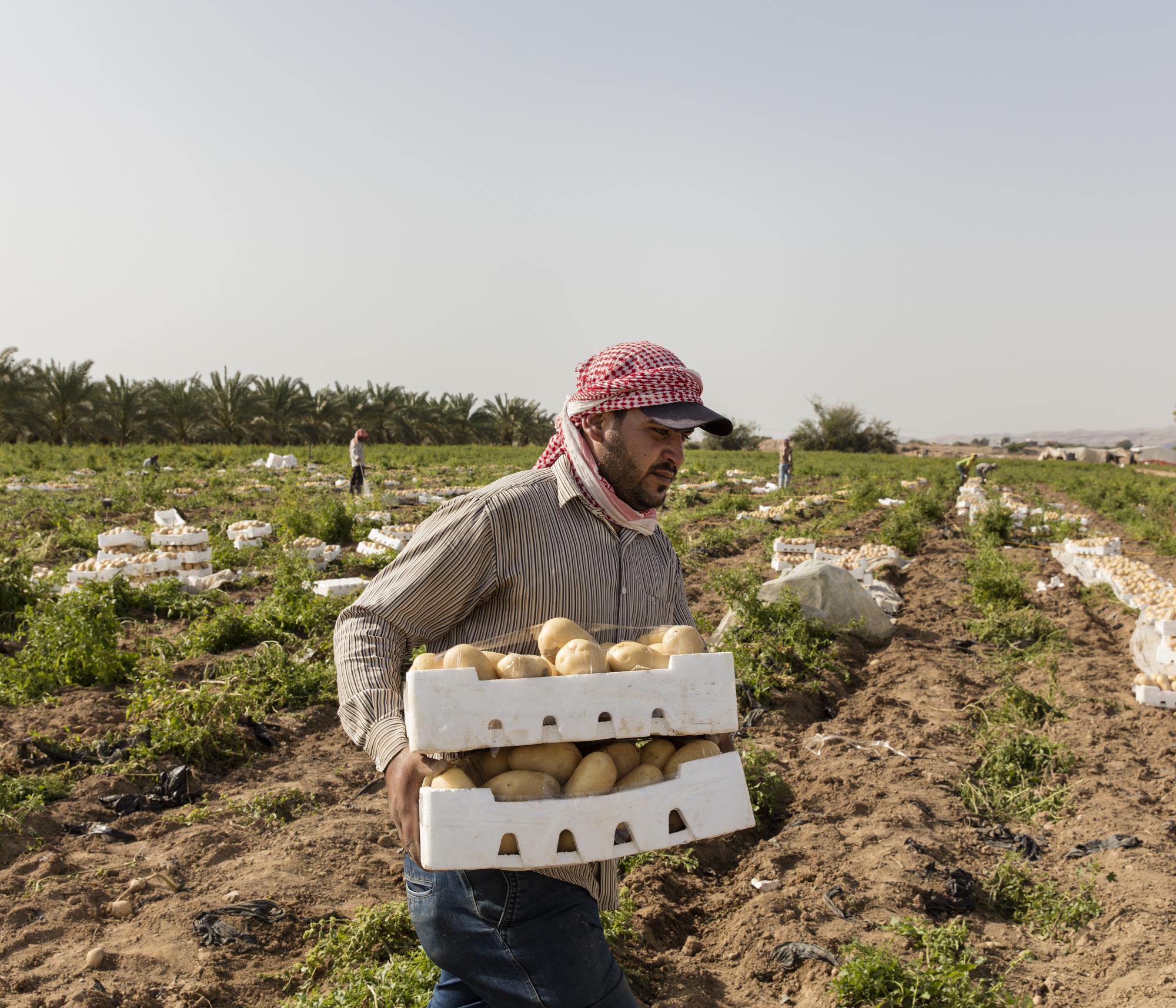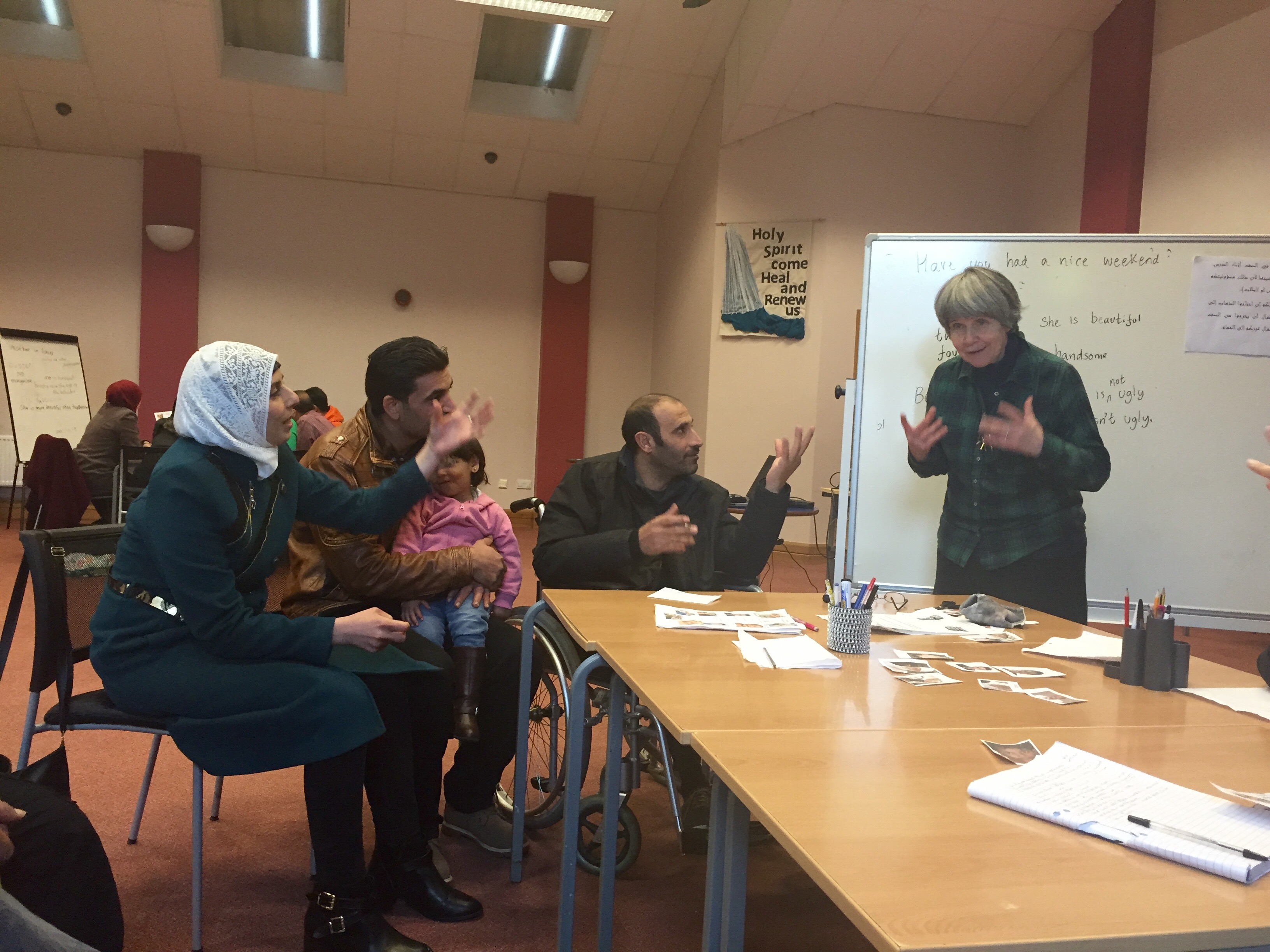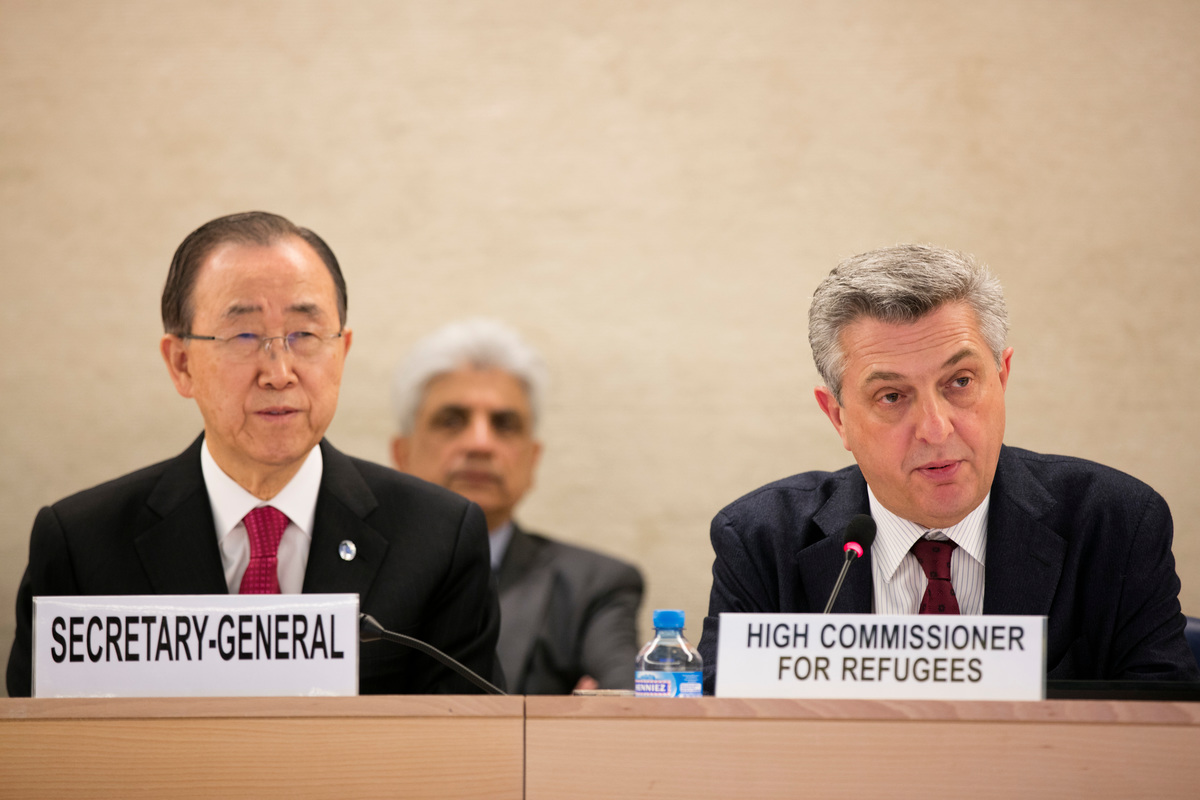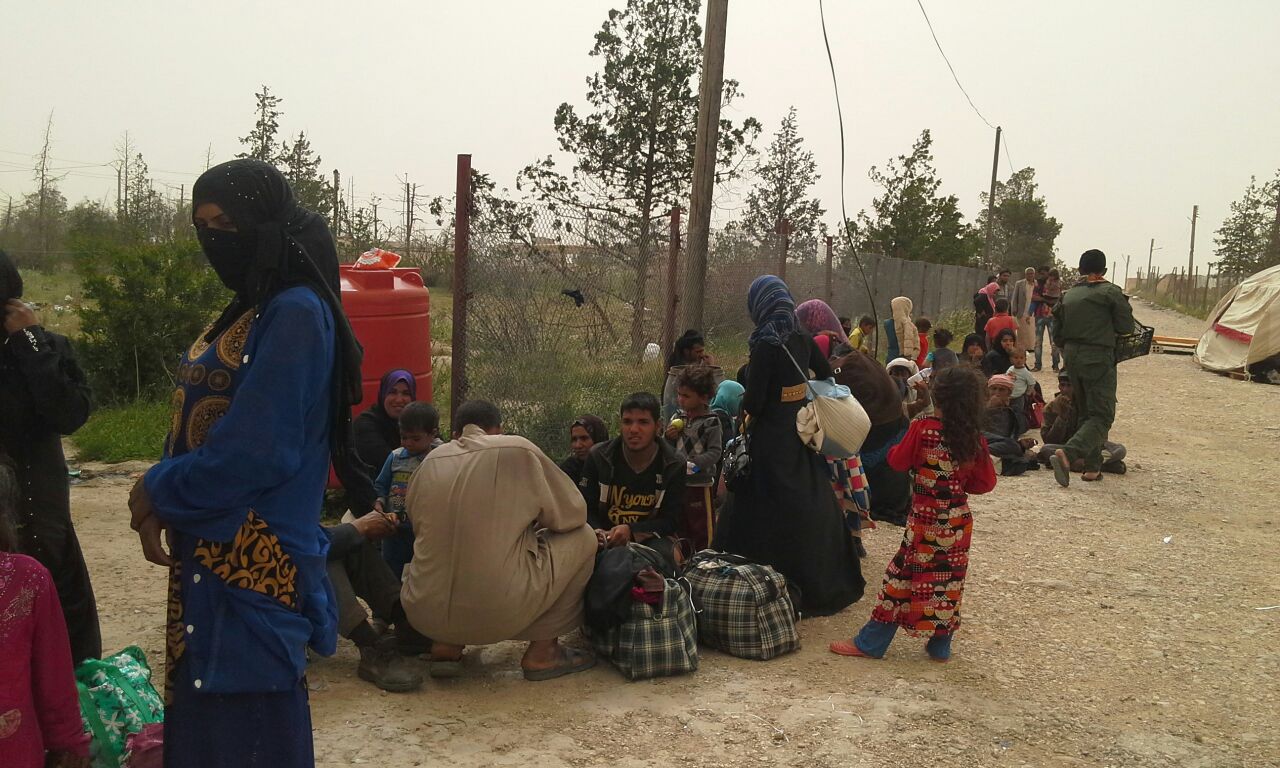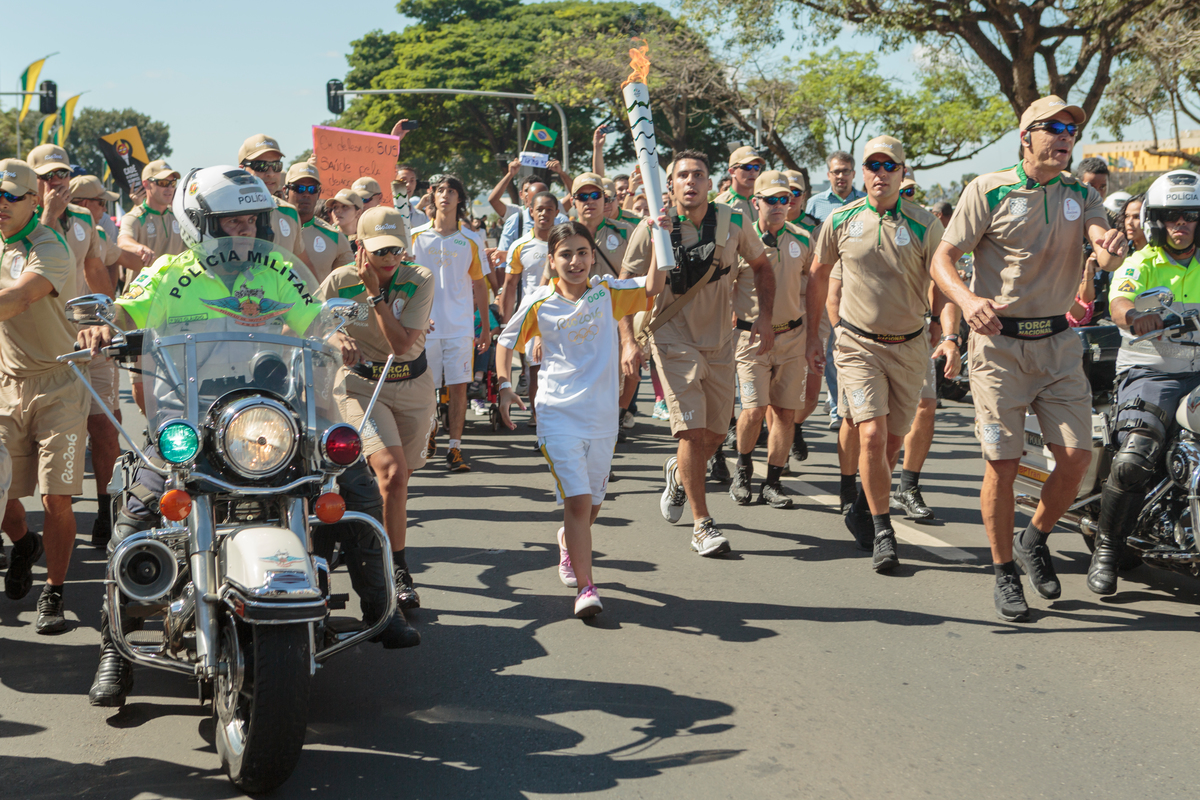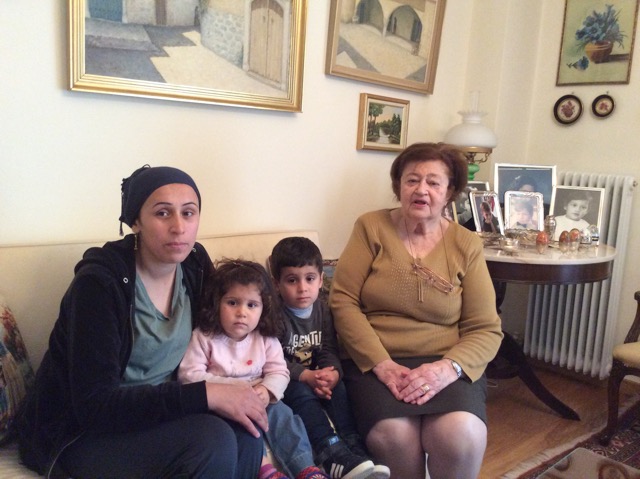Iraqi refugees flee war-torn Syria and seek safety back home
Iraqi refugees flee war-torn Syria and seek safety back home

BASRAH, Iraq, June 18 (UNHCR) - Fifty-five year-old Zeinab and her daughters Maha, Suad and Zahra* sit on the floor of the small run-down house they rent in central Basrah. The women smile but their eyes convey sadness and anxiety.
Over the past decade, Zeinab and her family were displaced twice, fleeing for their lives. Sectarian violence forced them from their native Iraq to neighboring Syria in 2003. Ten years later, the peaceful Damascus suburb that had sheltered Zeinab's family and thousands of other Iraqi refugees became a battleground; the women had no choice but to return home.
Violence against women is part of the wider Syrian war, a sad reality that Zeinab and her daughters saw first-hand when they received threats and suffered intimidation. When their close female friend and neighbor was kidnapped and killed, the women decided to flee.
"That was the last straw," said 27-year-old Maha. "We were afraid to leave our house, we were so scared. And in addition, we lost our jobs and had no income. We did not have a man in our family to protect and support us."
UNHCR does not promote voluntary repatriation to Iraq because security in many governorates remains volatile. However, in less than a year, since June 2012, the violence in Syria has prompted more than 50,000 Iraqi refugees like Zeinab and her family to return home. Once back in Iraq, many live in poor conditions due to the shortage of housing and high rents. Some 65,000 Iraqi refugees still live in Syria, experiencing hardships of the war as much as the nationals.
The family's journey back to Iraq was full of danger. The women travelled with their children in a truck from Damascus to the Iraqi border, usually at night to avoid being seen. "We travelled in absolute darkness, through deserted villages and destroyed towns," recalled Zeinab. There was no electricity, no lights on the road. We could hear the sound of shelling and explosions."
The family entered Iraq through the Al Waleed border check point and then made their way south by bus. The women felt safe only when they arrived in Basrah, where they found a house to rent in their native neighborhood. While the family felt happy to be back, restarting from scratch is never simple. And it can be doubly difficult for a female-headed family to survive in this part of the world without the support of a male bread-winner.
"First I felt stressed and frustrated because we had a good life back in Syria, where we were registered and protected by UNHCR; UNHCR gave us a job at a sewing factory. We were working and were in control of our life. But with the war the factory was closed," recalled Maha.
"My sister, Zahra suffers from a chronic heart problem," she continued. "In Syria, she had regular treatment at a UNHCR-supported hospital. Here, in Iraq, she has been waiting for an appointment to see a doctor for two months. The public health system is overstretched and we cannot afford a private doctor."
UNHCR provides assistance to the most vulnerable returnees to help with rent, food and essentials. However, when UNHCR approached this family to assess their needs, the women did not ask for any assistance. What they wanted was a job.
Head of UNHCR field office in Basrah Roupen Alexandrian says some 600 refugee families returned to Basrah in the past months. "Cash assistance is only an immediate, short-term measure, while ultimately we support the reintegration in their native communities through self-reliance and income generation programmes."
Maha gives lectures on religion and history at public gatherings, but this does not bring a stable income. So she has submitted a plan to start a small business under a UNHCR programme designed to support returnees like Maha with employment and income-generating activities.
UNHCR Representative in Iraq Claire Bourgeois says the country is trying to cope with huge numbers of uprooted Iraqis, including internally displaced people and returnees, and her office, in close collaboration with the Ministry of Displacement and Migration, is doing its best to help them under very difficult conditions.
"Iraq struggles on a number of fronts," Bourgeois said. "In addition to over one million internally displaced people, there are nearly 160,000 Syrian refugees. At the same time, Iraqi families are returning in large numbers from lengthy exile in Syria. They need help to reintegrate and we strive to reach them with assistance, wherever security allows us to do so."
By Natalia Prokopchuk in Basrah, Iraq
* names changed for protection reasons

